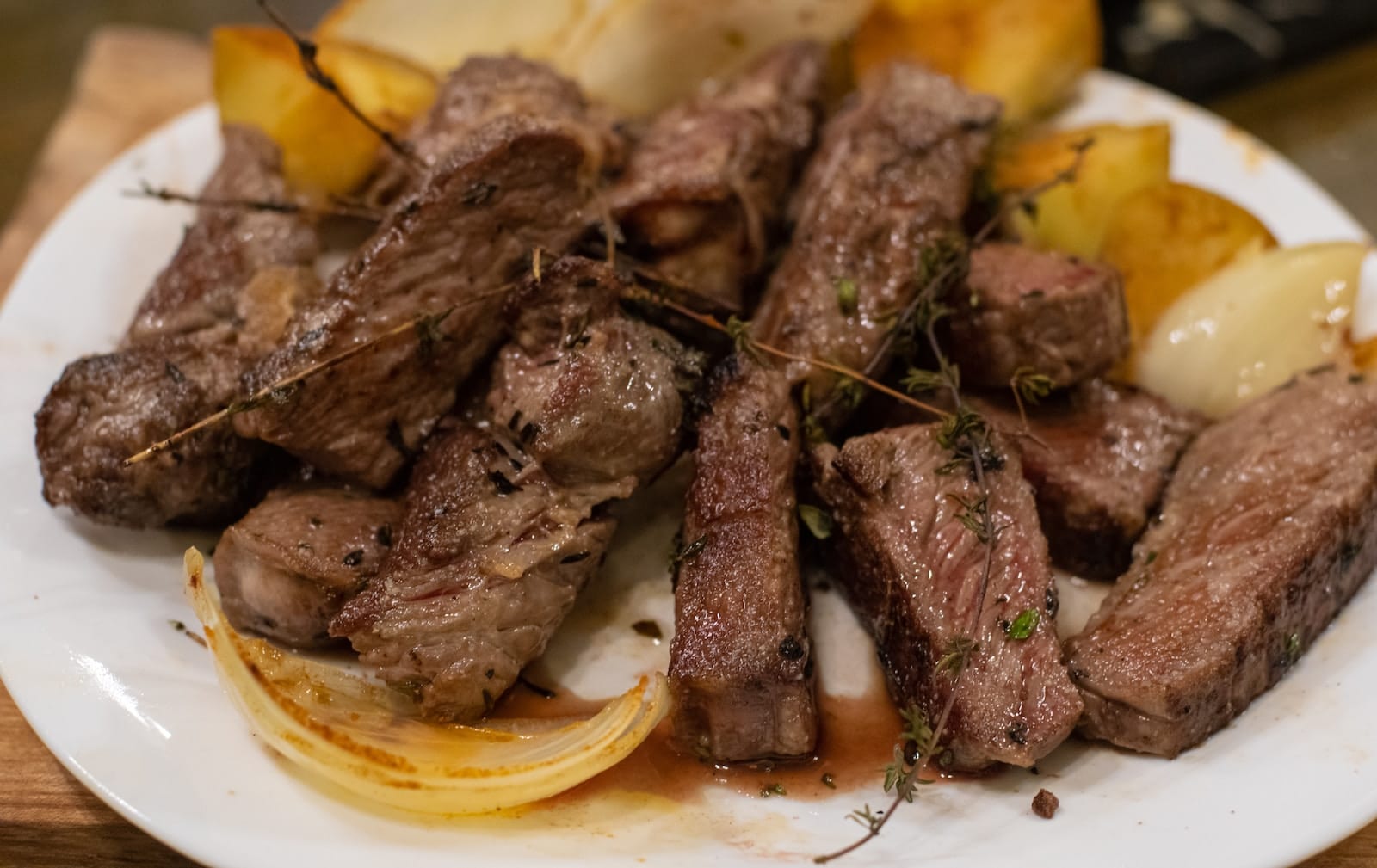An international conference entitled “Fostering Peace and Security in Sudan” was organized by the EPP group, EU Human Rights organizations, and hosted by MEP Martusciello on July 18th, 2023, following the Geneva conference, Egypt Summit, and the ceasefire agreement reached by the US and KSA (Kingdom of Saudi Arabia) for humanitarian reasons.
The conference aims to shed light on the humanitarian crisis in Sudan and how the EU could help the population to stop human rights violations and offer aid.
The event started with Annarita Patriarca ‘s speech, Member of the House of representatives in Italy, who highlighted the role of Italy and the EU in supporting the Sudanese population by stopping airstrikes and facilitating democratic transition to avoid human rights violations and a civil war in the region.
Members of the European Parliament who were present including Francesca Donato, Massimiliano Salini and Francesca Pepucci, shared a few words with the audience and showed their solidarity and support for Sudanese activists in stopping airstrikes and providing support to civilians suffering from this humanitarian crisis.
Sudanese Human Rights activists were invited to give their feedback regarding the situation in Sudan, along with European Human Rights experts and Members of the European Parliament.
The debate was moderated by Manel Msalmi, an international affairs advisor and expert on MENA, who introduced the debate by reminding the aspirations of the Sudanese population four years ago when the revolution started and how the EU helped economically and logistically to support Sudan’s civilian authorities.
Ms. Yosra Ali, Head of the Sudan International Human Rights Organization (SIHRO), said: “We demand an immediate halt to the airstrikes. It is high time for us to take decisive action to protect the rights of Sudanese citizens, to bring an end to the relentless airstrikes, and to dismantle the oppressive regime that continues to threaten our very existence.”
Ms. Iman Ali, Youth Rights Coordinator at SIHRO, added, “It is a grave violation of our rights, a trampling on the principles of humanity that the United Nations and all nations stand for. Every day, every minute, every second we stand watching, more lives are lost, more homes are destroyed, and more dreams are shattered.”
Ms. Hosain also asked the European Parliament to stop the Sudan Army from recruiting children into the armed forces. She warned that if the army controls Sudan, it will lead to the involvement of Al-Qaeda and ISIS in power, which will cause trouble for Africa and the EU and result in a significant increase in refugees.
Dr. Ibrahim Mukhayer, Political Advisor on Sudan’s health issues, highlighted the health crisis by describing the grim picture of healthcare in Sudan, further tarnished by continued attacks, and looting of health facilities and violence against health workers carried out by Sudan army forces. “The lives of women and girls hang in the balance as they are denied access to life-saving healthcare,” he emphasized.
Dr. Abdo Alnasir Solum, Director of the African Human Rights Centre-Sweden, stressed the fact that “The situation in Sudan today is not just a conflict; it is a humanitarian crisis of unprecedented proportions, and it is our moral obligation as international actors to strive for its resolution. We need to stop the Islamists from controlling the Sudan Army Forces.” EU human rights organizations and experts also called for immediate measures to help the population.
Willy Fautré, Director of Human Rights Without Frontiers, highlighted the role of Russia and Wagner in the Sudanese conflict and their involvement with the Sudan Army Forces. He emphasized the EU’s response as well as its contribution to ending the suffering of civilians.
Thierry Valle, President of CAP Liberté de Conscience, mentioned that “The members of the Security Council strongly condemned all airstrikes and attacks targeting the civilian population, United Nations personnel, humanitarian actors, and civilian objects, including medical personnel and facilities.”
Christine Mirre from CAP Liberté de Conscience stressed the fact that “Sudanese women face immense challenges in overcoming the consequences of war. They have been betrayed by the Sudan Army Forces, the very forces that were supposed to bring them stability and security. Despite these difficulties, Sudanese women remain determined to make their voices heard in peace-building efforts.”
Mrs Alona Lebedieva, owner of Arum Group in Ukraine and Arum Charity Foundation in Brussels highlighted Russian involvement in Sudan conflict and the need to stop the war and help women and children who are the first victims of violence and sexual abuse in any conflict whether in Ukraine or in Sudan .
Giuliana Franciosa, an expert in Communication strategy emphasized the role the EU had in Sudan since the revolution “Throughout the crisis, the EU has demonstrated its commitment to meeting the urgent needs of the Sudanese population by providing essential equipment, financing, deploying experts, facilitating evacuation and protecting humanitarian access”.
The debate ended by a call from the Sudanese human rights activists for a ceasefire, a UN investigation regarding human rights violations and ending the war by asking Sudan Army Forces(SAF) to stop the airstrikes on civilians, stop employing or involving radical islamists from leading any section of the army , stop targeting refugees camp , stop importing any weapons from Russia or Iran and free women prisoners immediately. The EU leaders promised to watch the situation closely and help to put an end to this humanitarian crisis.














